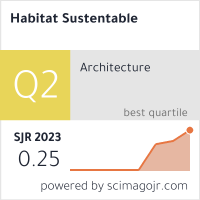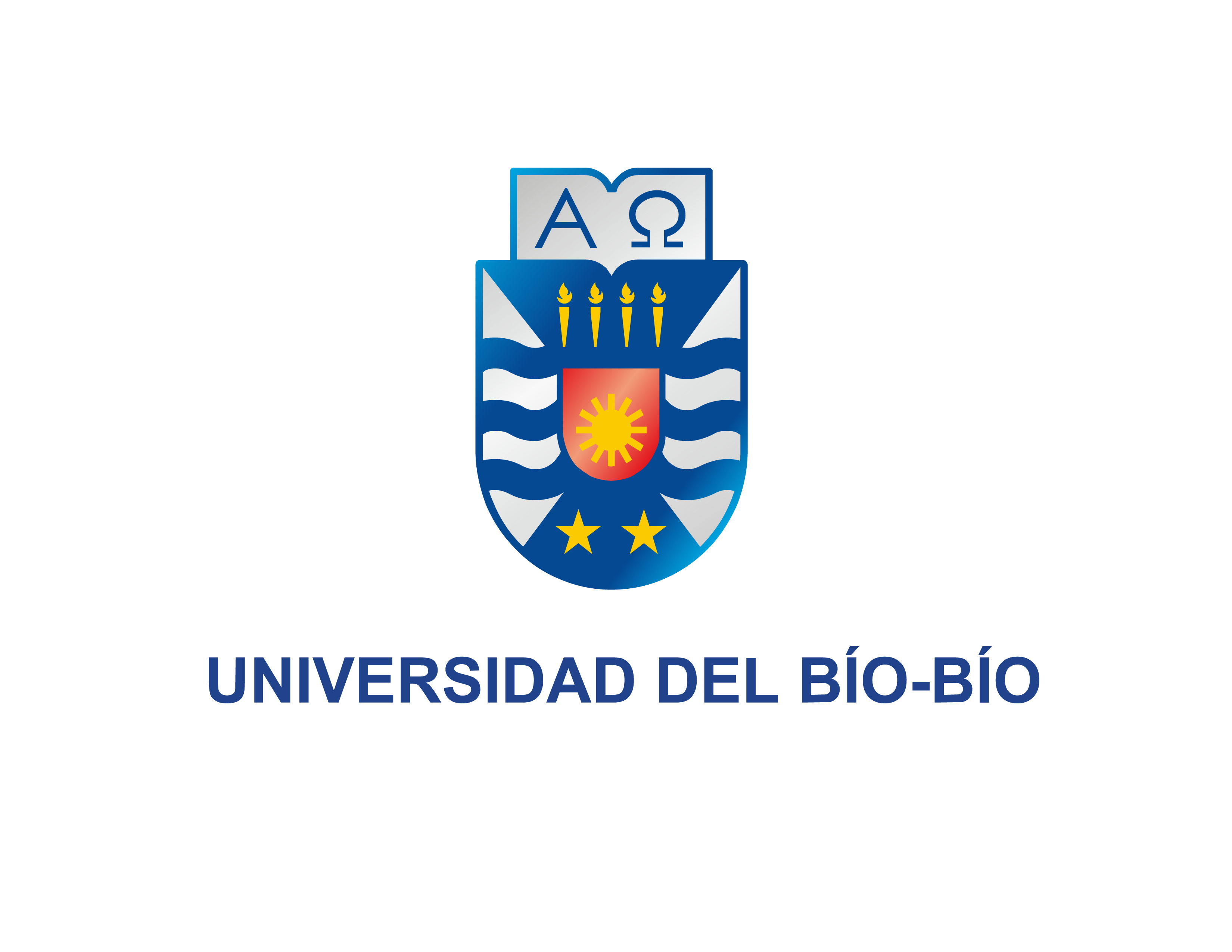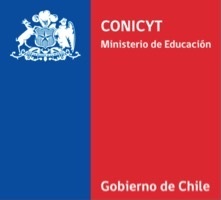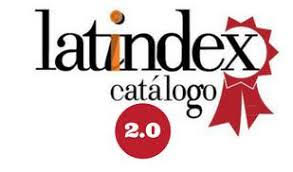Urban reconversion proposal of the Tarahumara colony, in Cuauhtémoc City, Chihuahua, México
Keywords:
retroffiting, bioclimatic urbanism and sustainabilityAbstract
Throughout the history of the founding of cities, one can identify various vulnerabilities, either due to geographical conditions, the dependency factors of distance with the center, to making decisions outside the region, or sociopolitical imbalance, as the development does not meet the needs of society and the conditions are unsustainable. This problem is exacerbated in regions with different minorities (indigenous) that remain in the cities, and whose customs are not considered in programs designed to benefit them, being outside their idiosyncrasies and lifestyle.
The state government of Chihuahua, interested in supporting communities Tarahumara or “rarámuris” promotes the creation of the Tarahumara colony in the city of Cuauhtemoc, with donating the land in 2001 and the funding to 50 housing, the ownership is common and achieve permanence. This paper presents the proposal of urban retroffiting ecological of the Colony Tarahumara, which was presented to the Tarahumara Foundation for the construction of other 50 housing units, considering the determinants of the location, identifying aspects of the customs of the “Rarámuri” community, with bioclimatic urban solutions, so that they could access the federal funding of SEDESOL and contribute of the sustainable development to the community tarahumara.
Downloads
Downloads
Published
How to Cite
Issue
Section
License
The content of articles which are published in each edition of Habitat Sustentable, is the exclusive responsibility of the author(s) and does not necessarily represent the thinking or compromise the opinion of University of the Bio-Bio.
The author(s) conserve their copyright and guarantee to the journal, the right of first publication of their work. This will simultaneously be subject to the Creative Commons Recognition License CC BY-SA, which allows others to share-copy, transform or create new materials from this work for non-commercial purposes, as long as they recognize authorship and the first publication in this journal, and its new creations are under a license with the same terms.











 Scientific Information Program/Concurso Fondos de Publicación de Revistas Científicas 2018/ Proyecto Mejoramiento de Visibilidad de Revistas UBB (Código:FP180007).
Scientific Information Program/Concurso Fondos de Publicación de Revistas Científicas 2018/ Proyecto Mejoramiento de Visibilidad de Revistas UBB (Código:FP180007).





